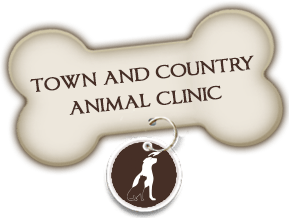
Canine Flu

Did you know that your canine companion can get the flu? In fact, there’s an outbreak going on now. Fido’s version, canine influenza virus (CIV)–also often called the dog flu—is an influenza A virus. There are several strains, but the two that are most common in the US are H3N8 and H3N2. These strains are both extremely contagious, and are the culprits behind the current outbreak. A local vet offers some information on this below. … Read More





